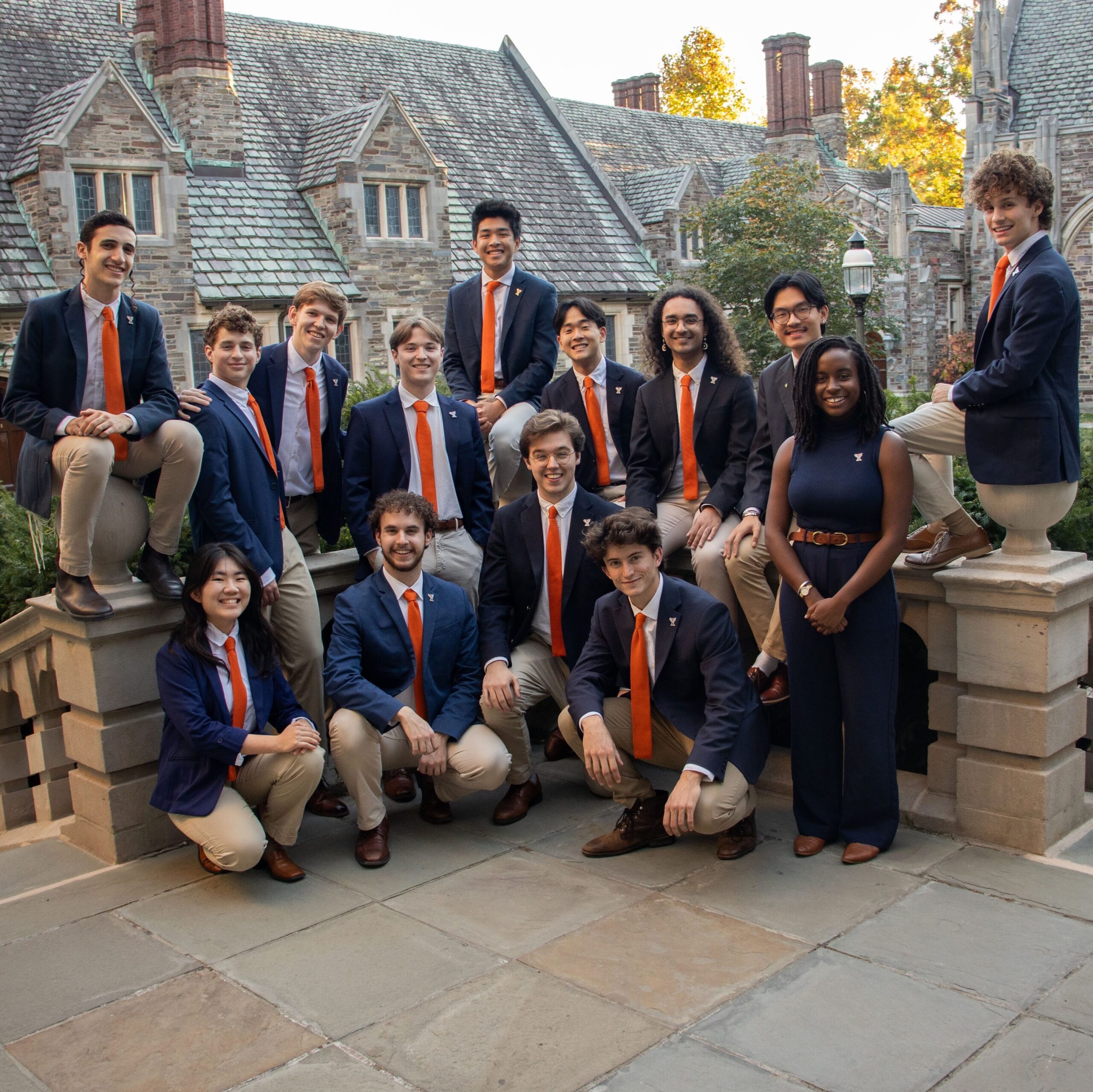After having discovered a potential funding opportunity, you might be reading the requirements for the application and find that you need to write a “research proposal” as a part of the application. This might be your first time writing a funding proposal. Here are a few tips to assist you in writing your funding proposal!
Continue reading A Quick Guide to Writing a Funding ProposalProven Tips on How to Read Scientific Literature
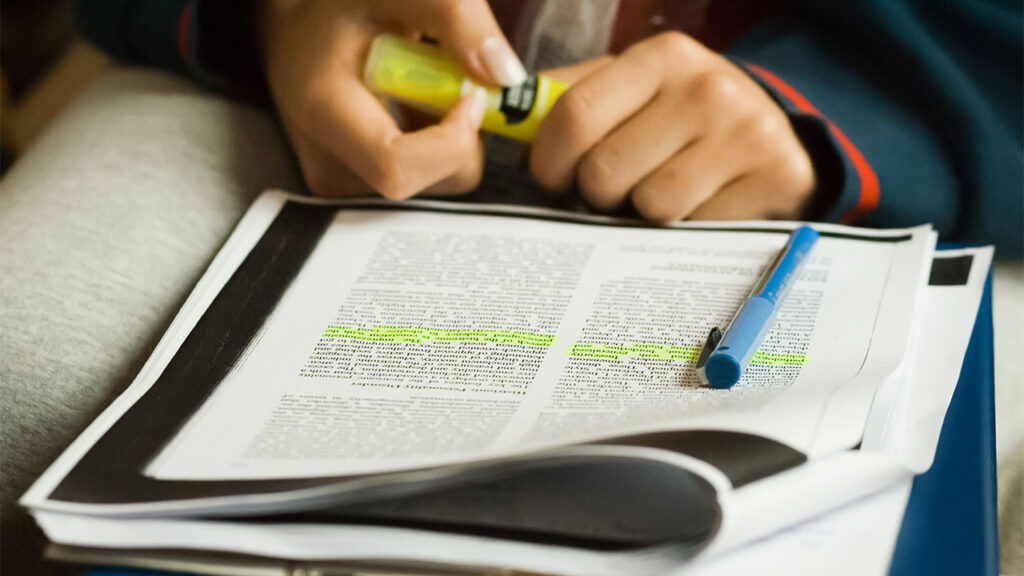
In our undergraduate years, as we get involved with research and science, it can be incredibly overwhelming to read scientific literature. It’s easy to drown in hundreds of thousands of articles with fancy-sounding titles, pages and pages of complex writings, and dozens of figures that you have no idea what they mean. However, reading scientific literature is a necessary skill to have, and you must be able to understand what scientists know, and what they don’t.
Therefore, I’ve created a list of tips and advice to tackle scientific literature as an undergraduate. Follow my advice, and you’re on your way to impress your supervisors with your knowledge, and create a nuanced understanding of where your research lies within the body of knowledge that scientists have been cultivating!
Continue reading Proven Tips on How to Read Scientific LiteratureA Hidden iGem at Princeton
Princeton offers a wealth of opportunities to engage in undergraduate research. From smaller projects found in writing seminars to the ever-looming senior thesis, research is woven throughout our academic journeys. Still, outside of this mandatory exposure to research there are also unique opportunities to explore research as an undergraduate. One of the most interesting of these is the Princeton iGem team. I was able to sit down to speak with a member of this year’s team, Dowon Seo ‘27, after he returned from the annual iGem conference in Paris.
Continue reading A Hidden iGem at PrincetonTo Ph.D. or Not to Ph.D.: An Interview with Microbiology Ph.D. Candidate Ciara Sanders

Headshot of Ciara Sanders, Ph.D. student. Photo credit: Ciara Sanders.
For this post, I decided to ask third-year Ph.D. student Ciara Sanders in Dr. Brooks Lab here at Princeton about her experience in molecular biology graduate school. She hails from California and is currently carrying out microbiology research for her Ph.D. For students considering molecular biology research/Ph.D. as a career, these questions may help answer any concerns you have, especially since medical school seems to be the popular option for molecular biology majors.
Continue reading To Ph.D. or Not to Ph.D.: An Interview with Microbiology Ph.D. Candidate Ciara SandersHarmonizing Research and A Cappella: How Music Fuels My Scientific Journey
Imagine standing in front of a big audience, heart racing, ready to blend your voice with others and hit the notes of an intricate a cappella arrangement. Every beat, every breath, is crucial. Every time I stand on stage or under an arch with my a cappella group, the Princeton Footnotes, I think of how similar singing and music feels to what I do in the lab. You might be thinking that singing in an a cappella group and doing research are worlds apart. However, these two passions have formed a bond in ways that I never believed possible. In fact, the creativity, collaboration, and discipline I have channeled in being a part of the Footnotes have made me a better researcher—and vice versa.
Continue reading Harmonizing Research and A Cappella: How Music Fuels My Scientific JourneyA Quick Guide to Securing Funding

You’ve brainstormed a great idea for your research project. You have the details of your topic all figured out, but you need some assistance with figuring out the logistics of the financial aspects that come with your great idea.
If that’s you, here’s a quick guide on one way of securing funding as a Princeton student!
Continue reading A Quick Guide to Securing FundingMore than Just Building Toy Cars: A Conversation with Jeremy Kiil ’24 about Car Lab
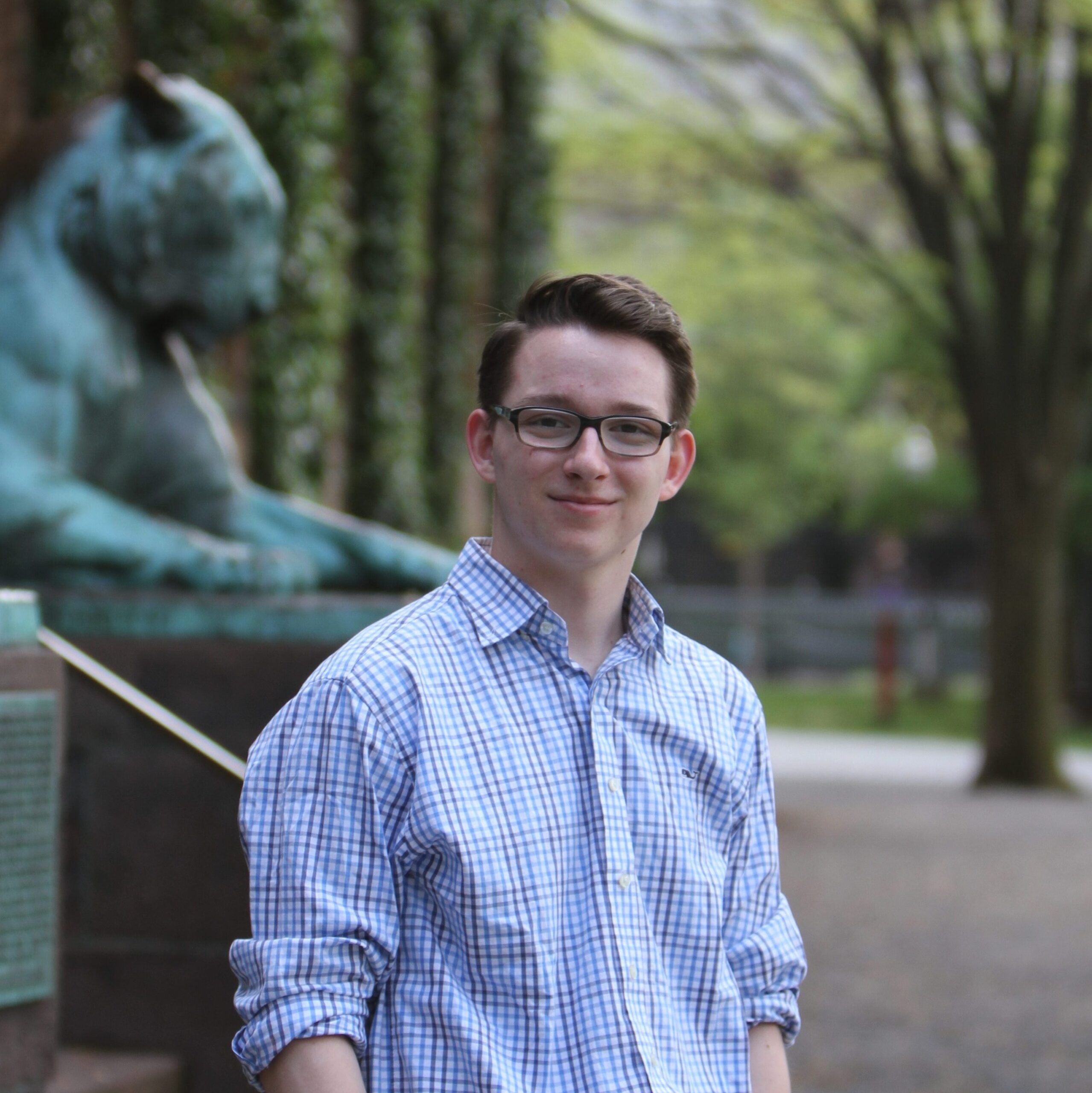
At Princeton, I’ve formed close friendships with students across all years and departments, witnessing their challenges, hard work, and achievements, from difficult courses to their independent work and senior theses. When my friends often name-drop courses from their departments and share exciting insights from their day, I realize I haven’t taken many of those classes myself. This realization sparked a desire to generate deeper conversations about their academic interests, even if I don’t fully grasp all the technical details and concepts of their field.
One of these conversations was with Jeremy Kiil ‘24 about his experience in ‘Car Lab’ (formally, ECE 302: Robotics and Autonomous Systems Lab), a required course for all ECE juniors. To my surprise, our conversation wasn’t focused on the nitty-gritty details about hardware components. Instead, Jeremy shared insights applicable to all students. I found his advice on making consistent progress, staying resilient, and taking care of oneself as wonderful reminders for everyone. Inspired by our conversation, I wanted to document and share it with a broader audience.
Continue reading More than Just Building Toy Cars: A Conversation with Jeremy Kiil ’24 about Car LabChoosing A Lab: To Stay or To Go?
Many students at Princeton spend their summers exploring a research project or a lab internship in their field of interest. But what’s next? Maybe you really enjoyed your experience and wanted to continue. Then, you come across the question: should I stay in the same lab or join a different lab?
This was the question I pondered when entering my sophomore year. I had an incredible summer experience as an High Meadows Environmental Institute intern in the Sigman Research Laboratory in the summer of 2023. I worked on a project that enabled my exploration of biogeochemical reconstruction via an investigation of the marine environment during a historical mass extinction through the use of a biological proxy known as foraminifera. But, where did I want to go from there? If you’re in a similar position, here are some things to keep in mind!
Continue reading Choosing A Lab: To Stay or To Go?Mystery Writers in Research Labs: How to Analyze Your Data
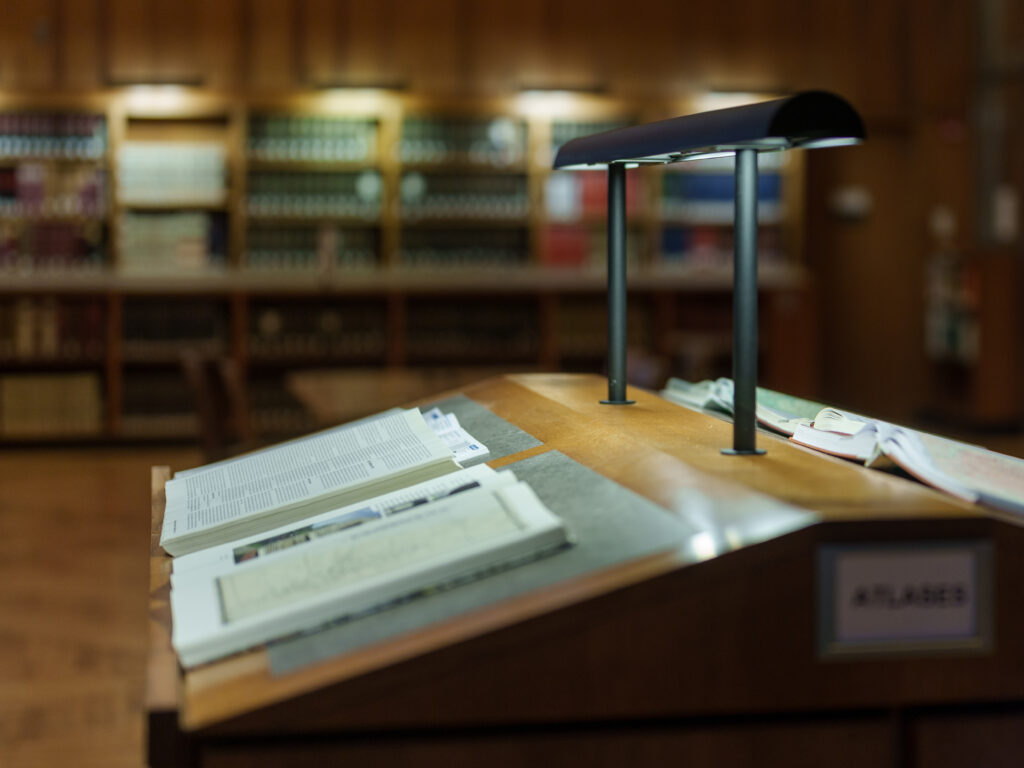
“So what does this data mean?” My professor asked, looking at me expectantly. What does the data mean? “What does this data tell you about the cancer cells?” If he thought rephrasing it made it any better, it didn’t. I am not quite sure what I said to save face (and frankly, I really do not want to remember), but I must have said something because my professor just nodded. “When you look at your data, I want you to create a story. It may be a mystery, but then you’d be providing a certain set of clues.”
It is very easy to get caught up in generating data, especially if the data is particularly tricky and you’re concerned about making sure it looks right, generating the right graphs, having the right axes, numbers and titles. It can be a headache. By the time the graphs are done, I would rather not look at it anymore or think too hard about the numbers. However, as lab reports and analysis questions stack up for our classes, it becomes prudent to know how to analyze these graphs. While I am not a seasoned veteran, I have a few tips that helped me approach these types of situations.
Continue reading Mystery Writers in Research Labs: How to Analyze Your DataExploring Memory: My First-Year Research Experience
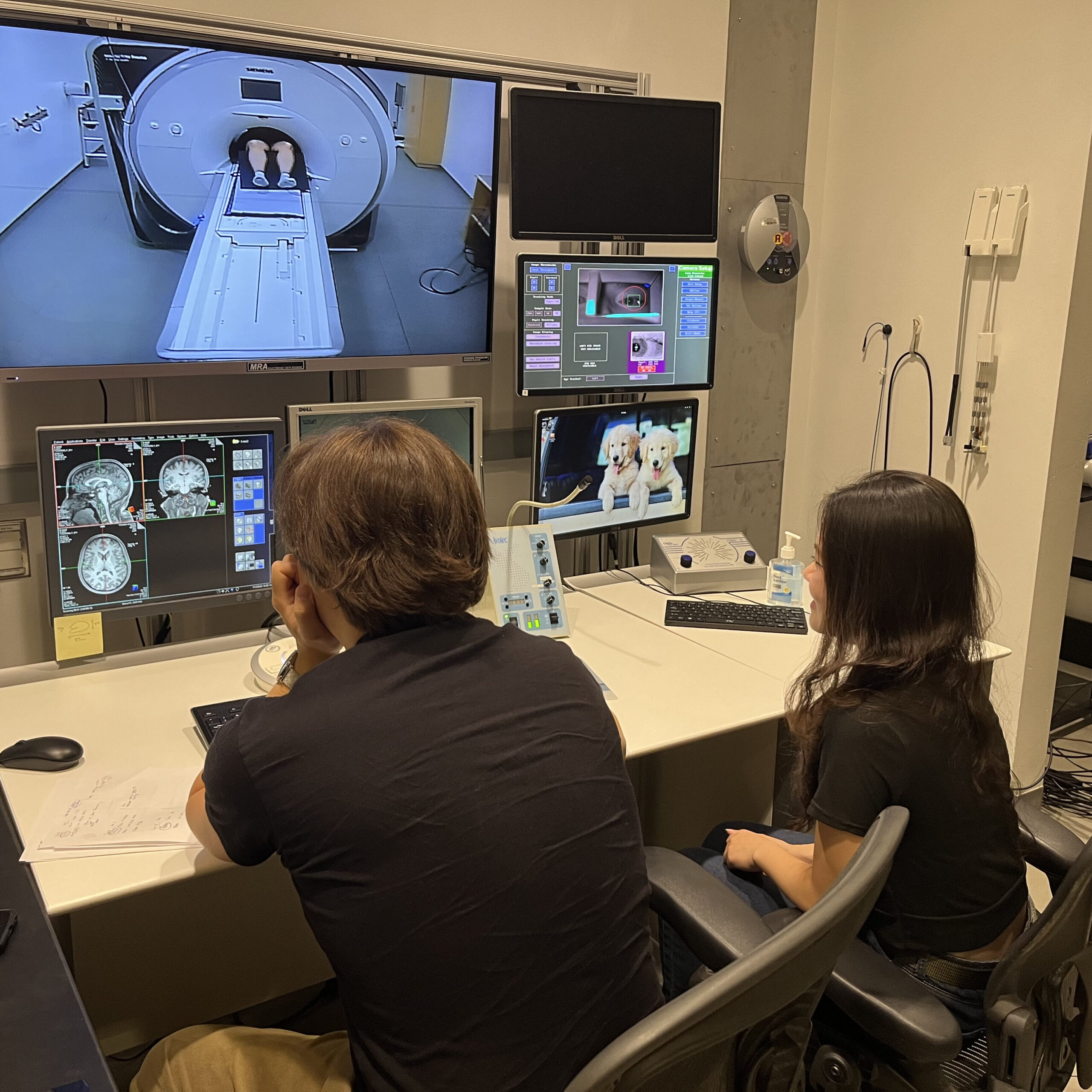
It felt a little odd to begin an email with, “I wrote about your lab in my application to Princeton!” but it was the truth. Since high school, I had been fascinated by memory and its profound effects on shaping our lives, which motivated me to pursue a degree in neuroscience. Professor Kenneth Norman’s work in the Princeton Computational Memory Lab captured my attention while I was exploring Princeton’s resources for my application essays. I wrote about how I wanted to be a part of the lab and study human memory, specifically focusing on how the brain and mind can overcome the emotional consequences of trauma-based memories. After arriving at Princeton, I had been eagerly awaiting the right time to reach out to Professor Norman about getting involved in his research.
Continue reading Exploring Memory: My First-Year Research Experience


